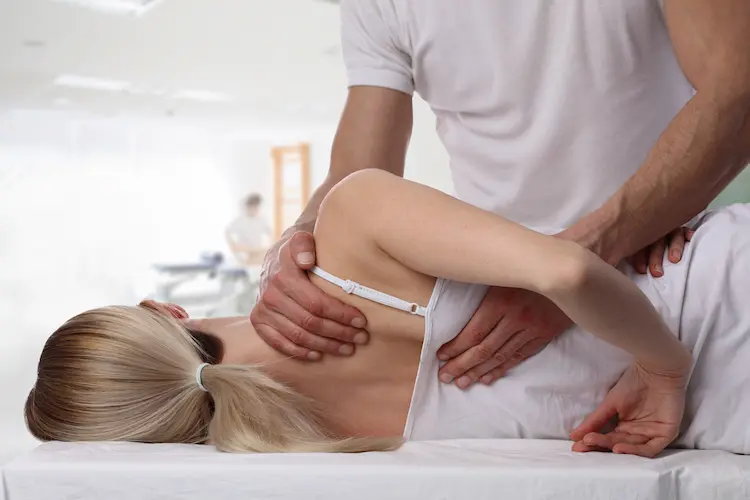International Alliance of Healthcare Educators and Evidence-Based Healthcare
The International Alliance of Healthcare Educators continues to combine on-going clinical expertise with the best available clinical research to provide comprehensive manual therapy training programs. The clinical evaluation and treatment that we impart through our programs assists manual therapists in providing clients with quality care that is focused on their individual needs.
As we continue our journey with evidence-based healthcare, we appreciate what David Lawrence Sackett, OC FRSC, pioneer in evidence-based medicine wrote*:
"Evidence-based medicine, whose philosophical origins extend back to mid-19th century Paris and earlier, is the conscientious, explicit and judicious use of current best evidence in making decisions about the care of individual patients.
The practice of evidence-based medicine means integrating individual clinical expertise with the best available external clinical evidence from systematic research.
By individual clinical expertise we mean the proficiency and judgment that we individual clinicians acquire through clinical experience and clinical practice. Increased expertise is reflected in many ways, but especially in more effective and efficient diagnosis and in the more thoughtful identification and compassionate use of individual patients' predicaments, rights, and preferences in making clinical decisions about their care.
By best available external clinical evidence we mean clinically relevant research, often from the basic sciences of medicine, but especially from patient centered clinical research into the accuracy and precision of diagnostic tests (including the clinical examination), the power of prognostic markers, and the efficacy and safety of therapeutic, rehabilitative, and preventive regimens. External clinical evidence both invalidates previously accepted diagnostic tests and treatment and replaces them with new ones that are more powerful, more accurate, more efficacious, and safer.
Good doctors use both individual clinical expertise and the best available external evidence, and neither alone is enough.
Without clinical expertise, practice risks becoming tyrannized by external evidence, for even excellent external evidence may be inapplicable to or inappropriate for an individual patient.
Without current best external evidence, practice risks becoming rapidly out of date, to the detriment of patients.
The practice of evidence-based medicine is a process of life-long, self-directed learning in which caring for our own patients creates the need for clinically important information about diagnosis, prognosis, therapy, and other clinical and health care issues, and in which we
(1) convert these information needs into answerable questions;
(2) track down, with maximum efficiency, the best evidence with which to answer them (whether from the clinical examination, the diagnostic laboratory from research evidence, or other sources);
(3) critically appraise that evidence for its validity (closeness to the truth) and usefulness (clinical applicability);
(4) integrate this appraisal with our clinical expertise and apply it in practice; and
(5) evaluate our performance."
Reference:
Sackett DL, Straus SE, Richardson WS, Rosenberg W, Haynes RB. Evidence-Based Medicine. Churchill Livingstone, New York, 2000.
*Bold markings added by our Institute for emphasis.

IAHP Membership
The International Association of Healthcare Practitioners invites you to join in valuable training, networking and practice building opportunities.
CEUs
View a list of classes that satisfy Continuing Education Unit requirements.
Testimonials
Read what our clients had to say about IAHE Therapy programs and courses.
Stay Updated
Don't be left behind! Be among the first to know about IAHE news and events.